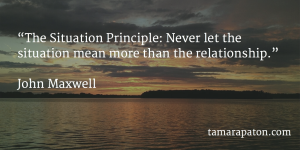

Lately I’ve been binge-listening to Revisionist History, Malcolm Gladwell’s new podcast that revisits a forgotten or misunderstood aspect of the past. (If you haven’t caught the program yet, stop reading and go listen immediately.)
In a recent episode, Gladwell asked why we make suboptimal choices when in the company of others. Why does our desire to fit in hold us back?
Gladwell’s analysis opens with basketball players who shrug off the proven effectiveness of an underhand free throw, simply because it looks goofy. Even the great Wilt Chamberlain experimented with the so-called “granny technique” before setting it aside.
In his autobiography, Chamberlain admitted, “I felt silly, like a sissy, shooting underhanded. I know I was wrong. I know some of the best foul shooters in history shot that way. Even now, the best one in the NBA shoots underhanded. I just couldn’t do it.”
Gladwell has no time for stupidity, particularly when it is consciously applied:
“Chamberlain had every incentive in the world to keep shooting free-throws underhanded – and he didn’t. I think we understand cases where people don’t do what they ought to do because of ignorance. This is not that. This is doing something dumb even though you are fully aware you are doing something dumb.”
Sociologists have studied this tendency and streamlined their observations into something called the Threshold Model of Collective Behavior. The thinking suggests that our sense of right and wrong drives only a portion of our actions in groups. We are also sensitive to peer pressure. And each of us is uniquely so, with some requiring a mob to justify a questionable choice and others ready to make the first contrarian move.
According to the model, your threshold is the number of people who have to do something before you join in. Everyone’s threshold is different. If you have a threshold of zero, you’re someone who doesn’t need the company of others to do what you think is right.
If you’ve ever seen your fellow directors look around the boardroom before casting their vote, you know exactly what I mean. When I next face the following situations, I’ll ask myself if I’m about to take a shot with the governance equivalent of an underhand free throw.
Initiating dialogue
After each management report, the chair asks for questions. The directors have all read the materials and formulated their issues list, but there is always a pause. It’s one thing to pose a question, but the board is really looking for a springboard for inquiry. To avoid a ping-pong match between management and directors, that first question counts.
I’ve written previously about the importance of insightful questions. Nailing the first question isn’t merely a matter of intellectual rigour, however. The director who poses it often stands alone. It can take social courage to launch the board into challenging, but productive, territory.
Opposing committee recommendations
Much of a board’s work is delegated to its committees. The chair of each committee then returns to the board with recommendations on things like operating budgets, governance practices, and executive compensation.
Up until recently, I felt uncomfortable pushing back on a committee’s work. It’s difficult to doubt a handful of your peers who have worked for hours on something like the CEO’s pay package. And yet the board shouldn’t rubber-stamp a committee’s work. Ultimately, it takes social courage to ask tough questions and perhaps even withhold your support.
Expressing interest a leadership role
When I have taken on committee and board chair roles in the past, I’ve had it easy. Someone asked me to step up and then lobbied other directors to support my candidacy. In the future, I may be less fortunate and will need to recruit my own endorsements.
Doing so takes confidence, particularly when an incumbent has no plans to step aside. If your board policy does not specify term limits on leadership roles, chair positions may only refresh when other directors take a socially-awkward step forward and make a case for themselves.
Gladwell ends his podcast episode with a challenge to listeners. “It takes courage to be good. Social courage. To be honest with yourself. To do things the right way.” The best board directors know this all too well. And they show up and stand out anyway.
Question: When have you stood alone in the boardroom? How should we balance collaborative group dynamics with our responsibilities as individuals?
Please share your response via Twitter, LinkedIn or e-mail.
Thank you for reading! If you found this post useful, please click the “like” button on LinkedIn and/or share it with others in your network. Doing so helps my work reach others and would mean so much to me.










